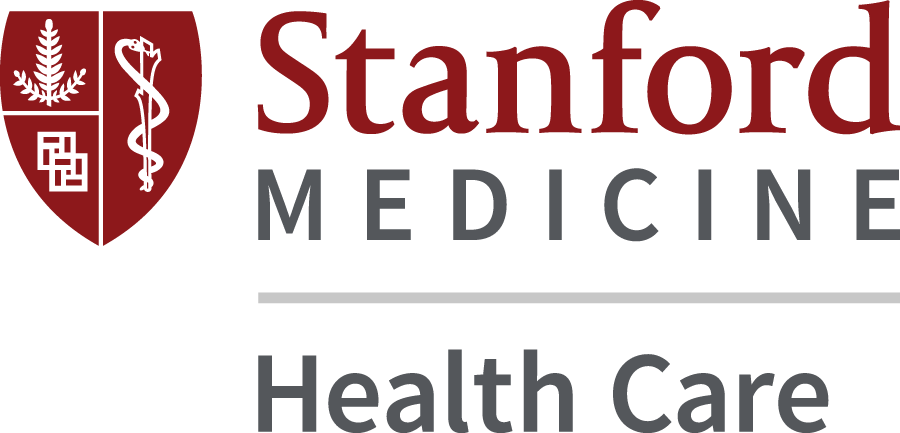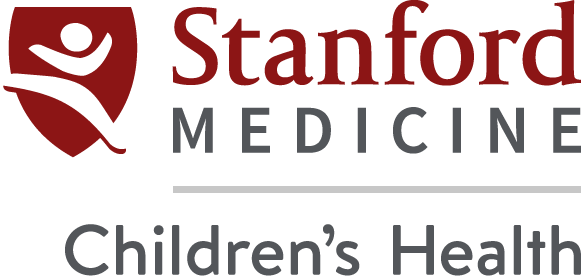Meditation is one of the world’s oldest and most popular spiritual practices. It is now also the world’s most popular and researched psychotherapy, with a wider array of demonstrated psychological, physical, and spiritual benefits than any other therapy or spiritual practice. While meditation can offer numerous benefits, progress is usually slow and requires considerable time …
This guided meditation session will lead you through several practices that sensitize you to the cognitive, affective, and somatic experience of contraction and expansion – the combustion cycle of the path. The central practice of open awareness will be supported by contemplations that allow you to recognize contraction, and then transform contraction into openness, thereby …
The inaugural Stanford Cancer Institute Advances in Mass Spectrometry Enabled Drug Discovery symposium on October 29, 2024 will bring together leading experts in academia and industry to explore current challenges and opportunities and recent achievements across diverse applications in drug development. This field has revolutionized ligand and target discovery by enabling the detection of interactions …
Stanford Medicine Children’s Health Center for IBD and Celiac Disease Research Symposium This symposium will focus on the translational research and clinical discussions at the forefront of pediatric IBD and celiac disease. Faculty, trainees, postdocs, students, and staff are invited to learn more about the latest developments, innovations, and advancements in the diagnosis, management, and …
Just like being physically in shape means regular exercise, supporting one’s emotional well-being begins with a training program—for the mind. In this talk, world-renowned neuroscientist, Dr. Richard J. Davidson discusses the scientific concept of neuroplasticity and how research in the lab confirms that well-being is a skill that can be taught. By learning and practicing …
In this talk, Dr. Lazar will discuss what happens in the brain during meditation, and how that leads to long-lasting changes in the wiring of the brain. She will also discuss how these changes in wiring lead to decreases in stress, depression, anxiety, and pain. Finally, she will share data that suggests meditation can help …
In this session we will use the body as the focus of our meditation. Dr. Lazar will guide participants to bring awareness to each area of the body, noticing and releasing muscle tension, and tuning into subtle sensations that we normally overlook. Meditation and the Brain is the Lecture in Summit taught by Sara Lazar …
Following a wealth of research indicating the benefits of mindfulness- and compassion-based contemplative practices, there is growing interest in the nature and health benefits of Buddhist wisdom principles, which are concerned with transmuting suffering by cultivating insight into the ultimate nature of the self and reality. Some key examples include the wisdom practices of non-self, non-attachment, …
Self-compassion has two main forms – tender and fierce. Tender self-compassion allows us to accept our flawed selves and our imperfect lives with kindness rather than harsh judgment. Fierce self-compassion spurs us to alleviate suffering by standing up to injustice or making needed changes to improve our lives. When fierce and tender compassion are combined …
These weekly classes are taught by YogaX alums who are well-versed in teaching Integrated Holistic Yoga, which is a practice of accessibility and belonging, intentionality, and beneficence that honors the whole person and offers a wide variety of yoga practices. Meets every Wednesday 6-7p via zoom. Free for faculty, staff, and students at Stanford.


